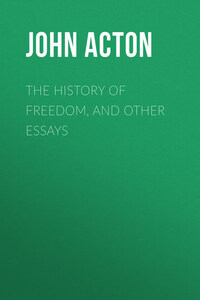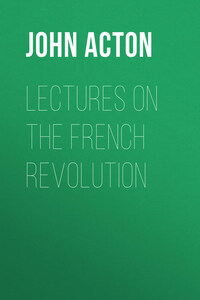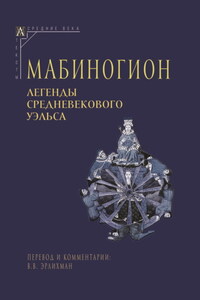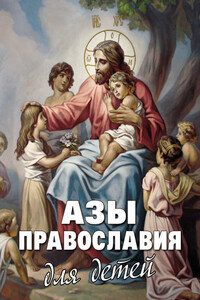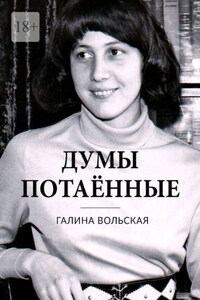Letters of Lord Acton to Mary, Daughter of the Right Hon. W. E. Gladstone
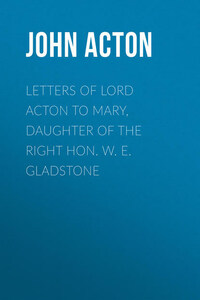
Книга "Letters of Lord Acton to Mary, Daughter of the Right Hon. W. E. Gladstone", автором которой является John Acton, представляет собой захватывающую работу в жанре Зарубежная старинная литература. В этом произведении автор рассказывает увлекательную историю, которая не оставит равнодушными читателей.
Автор мастерски воссоздает атмосферу напряженности и интриги, погружая читателя в мир загадок и тайн, который скрывается за хрупкой поверхностью обыденности. С прекрасным чувством языка и виртуозностью сюжетного развития, John Acton позволяет читателю погрузиться в сложные эмоциональные переживания героев и проникнуться их судьбами. Acton настолько живо и точно передает неповторимые нюансы человеческой психологии, что каждая страница книги становится путешествием в глубины человеческой души.
"Letters of Lord Acton to Mary, Daughter of the Right Hon. W. E. Gladstone" - это не только захватывающая история, но и искусство, проникнутое глубокими мыслями и философскими размышлениями. Это произведение призвано вызвать у читателя эмоциональные отклики, задуматься о важных жизненных вопросах и открыть новые горизонты восприятия мира.
